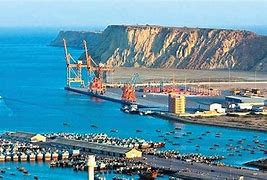The introduction of a wholesale electricity market in Pakistan will attract more Chinese investment in the renewable energy sector of the country, an investment expert told Gwadar Pro on Friday.
National Electric Power Regulatory Authority (NEPRA) on June 6 awarded market operator license to Central Power Purchasing Authority-Guarantee (CPPA-G) under the Competitive Trading Bilateral Contract Market (CTBCM) initiative. The new regime allows large consumers of 1 megawatts or above to directly purchase electricity from the generation or transmission company of their choice at mutually-agreed tariffs and terms and conditions. The new regulations will also allow the generation companies to utilise existing transmission lines to supply electricity to their clients in case of remote generation facilities.
Pakistan was struggling from the last 30 years to implement this regime, NEPRA said.
CTBCM will open Pakistan’s power sector, especially the renewable energy market, to international investors. As Chinese renewable energy firms are already involved in several solar and wind energy projects in Pakistan, they will be able to play a lead role as they have better knowledge of the local market dynamics, an investment analyst with Dubai-based Burj Capital said. He said that as the Chinese firms executing larger projects, they will engage local firms for smaller projects, thus expanding opportunities for Pakistani companies as well.
For example, Huawei is already establishing its mark in the Pakistani market with its solar inverters by providing quality devices at affordable costs, the analyst said. Other Chinese firms will also enter the market after the introduction of CTBCM, he added.
Huawei recently signed an MoU with two Pakistani solar energy firms, Bahum Associates and Orient Energy, for provision of inverters for a 25MWs solar power plant. Another MoU was signed with Pantera Energy for provision of the devices for a 100MWs project.
CTBCM will tremendously expand business opportunities for solar and wind energy firms in Pakistan, the Burj Capital analyst said.
















